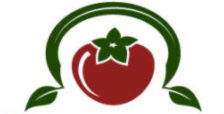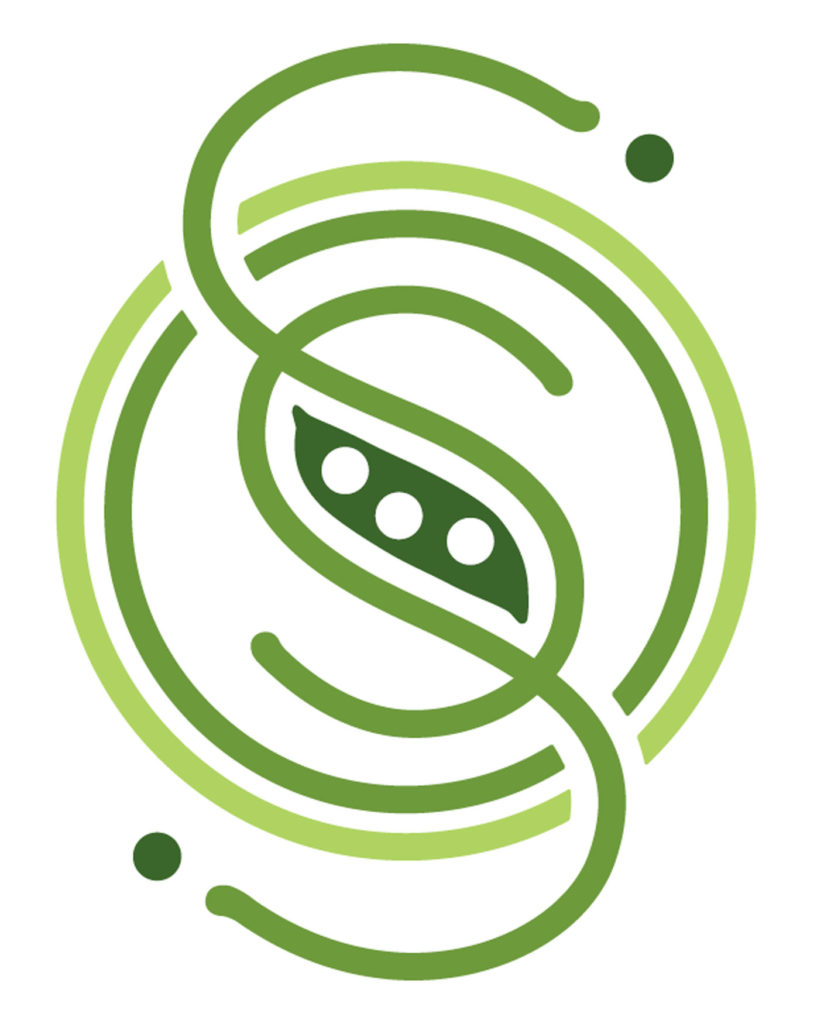Free the Seed!
The Dwarf Tomato Project varieties are ALL designated 'Open Source' as part of the Open Source Seed Initiative (OSSI), and are to be accompanied by the OSSI pledge whenever seed is sold or shared. Please pass on this information whenever sharing or selling seeds of varieties bred by the Dwarf Tomato Project!
We sometimes take it for granted that no matter what plants we want to grow in our gardens, we will either use our own saved seeds or someone will be able to give or sell us seeds. After all it's been that way for countless generations until now. Things have changed dramatically over the past 100 years, particularly since world war II, and the number of varieties of many crops has dwindled from many hundreds to handfuls, whether they be varieties of rice or wheat or beets or potatoes or spinach - you get the idea. The chemicals that were used for bombs have become fertilisers and the chemicals developed for biological warfare have been repurposed as pestiticides. Now huge mono-cultured crops are seen as progressive ways to increase yields, yet the resulting lack of biodiversity has resulted in destructive insects, super weeds and diseases thriving without competition in a single crop that often extends as far as the eye can see.
What does this have to do with Open Source seeds you may ask? Well, mono-culture farms displaced diverse smaller crops grown by traditional farms, so for Westerners what used to be a varied diet with abundant fruits and vegetables changed to an emphasis on cereal products from grains and corn which also became staples for animal feed. As people started relying on supermarket processed food they gradually gave up growing food themselves. The demand for seeds declined in urban areas and increased in rural areas for several main crops and those crops attracted the interest of chemical companies who wanted to market their pesticides, herbicides and fungicides. These chemical companies developed new seeds that could survive very toxic chemicals being applied to them, the residues of which we are all affected by today. They are in our rivers, our rain, our soil, our air. Every creature on the planet has been exposed to varying amounts, and the exposure has increased exponentially in the past few decades. Our exposure to chemicals continues to climb faster than our bodies' ability to get rid of them!
So what can we do to limit our exposure? We can GROW OUR OWN food without poisons from seeds that have been bred to thrive without huge amounts of chemicals being applied throughout their growing cycles. We can grow seeds that have survived and thrived for generations, true heirloom varieties. We can also breed new varieties and in doing so help maintain the genetic diversity that existed before chemicalised food became the norm. In times of climate change the diversity that existed in our grandparent's day will be crucial to our survival in the future.
Most of the world's seeds are now owned by corporations. The unfortunate danger is that seeds are disappearing as major chemical companies buy out seed companies and then promote their own genetically modified seeds with their accompanying chemicals. The Open Source Seed Initiative (OSSI) seeks to protect a wide range of newly bred varieties from being targeted by these companies, and does it by applying Open Source designations to varieties that have been pledged by their breeders. These seeds are publicly listed at the OSSI site so there can be no confusion as to their status – they are pledged to be free from any restrictions, cannot be patented, can be used for further breeding and selection by anyone who wishes to do so. They are protected with the OSSI pledge:
You have the freedom to use these OSSI- Pledged seeds in any way you choose. In return, you pledge not to restrict others’ use of these seeds or their derivatives by patents or other means, and to include this Pledge with any transfer of these seeds or their derivatives.
As stated on the OSSI website:
The OSSI Pledge ensures the Four Open Source Seed Freedoms for this and future generations:
- The freedom to save or grow seed for replanting or for any other purpose.
- The freedom to share, trade, or sell seed to others.
- The freedom to trial and study seed and to share or publish information about it.
- The freedom to select or adapt the seed, make crosses with it, or use it to breed new lines and varieties.
The Dwarf Tomato Project is proud to be part of this growing movement as awareness of its importance filters through the many layers of confusion around sustainability, seed sovereignty, and increasingly about food safety. We can make our choices count by choosing who we support. To choose Open Source seeds look for the OSSI logo in catalogues, on seedpackets, or online.
Several OSSI Seed Company Partners sell seeds of Dwarf Tomato Project varieties. In the Northern Hemisphere they are Victory Seeds, Tatiana's TOMATOBASE, Sow Diverse and TomatoFest. In the Southern Hemisphere please see sellers listed on the Where to Buy page.
For more info on seed availability go to individual listings of varieties on the OSSI Seeds page under the Crop category 'Tomato - Dwarf'.
For seed availability in the Southern Hemisphere please contact Patrina via this website's Contact page or direct email to chillichick@gmail.com

